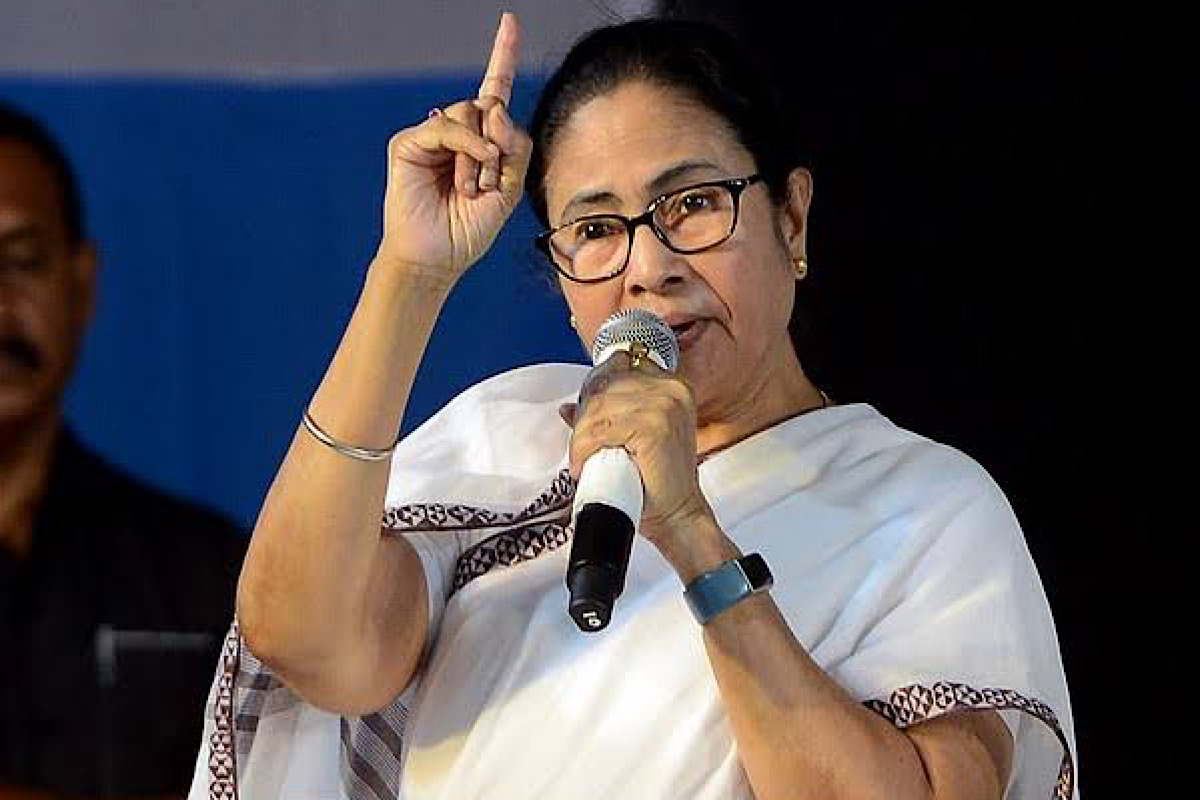In a strong show of opposition, 12 leaders, including BJP MPs, MLAs, and trade union representatives, held an emergency meeting today to protest West Bengal chief minister Mamata Banerjee’s plan to transfer 30 per cent of tea plantation land for commercial use.
The leaders, including Darjeeling MP Raju Bista, Alipurduar MP Manoj Tigga, MLAs Durga Munda, Sankar Ghosh, Neeraj Zimba, and Bishal Lama, alongside trade union leaders Biswajit Guha, Pranaya Sherpa, Suraj Rai, Sunil Rai, SK Lama, and BK Rai, unanimously condemned the move as “arbitrary and autocratic.”
Advertisement
They resolved to formally register their protest with the Governor, the chief minister, the Tea Board of India, and key Union ministers, including those overseeing commerce, labour, and home affairs.
The leaders expressed concern over the state government’s 2023 policy allowing the conversion of leasehold tea garden lands to freehold status, effectively enabling private corporations to acquire complete ownership. Under the previous leasehold system, the government retained control over land use, but the new policy grants corporations unchecked freedom to exploit the land. This has already led to the construction of five-star hotels and resorts on land, once reserved for tea cultivation.
The leaders fear the 30 per cent land transfer policy will further accelerate the conversion of tea estates into high-rise buildings, shopping malls, and real estate projects.
Of particular concern is the policy’s impact on indigenous communities, including the Gorkha, Rajbangshi, Adivasi, Rava, Toto, Koche, Meche, and Bengali populations, who have long been denied land rights. With tea garden lands now being sold to private entities, these communities face the threat of forced eviction and the loss of their ancestral homes.
The leaders warned that the policy would exacerbate the historical marginalisation of these groups, further depriving them of their livelihoods and cultural heritage.
The meeting, attended by elected representatives and members of the Joint Forum for Tea Workers, concluded with a unanimous resolution to oppose any further diversion of tea garden lands. The leaders vowed to pressure the state government to withdraw what they termed a “draconian” policy, emphasising that they would not remain silent as their rights and lands were threatened.
The leaders also called for broader solidarity from civil society, urging all stakeholders in the tea industry and beyond to join their fight against the policy. They emphasised that the issue transcends political affiliations, as it directly impacts the survival of indigenous communities and the future of the tea industry in West Bengal.
As the controversy intensifies, the state government faces mounting pressure to reconsider its policy. With the leaders pledging to take their protest to the streets and the courts, the battle over tea garden lands is set to become a defining issue in West Bengal’s political landscape.











